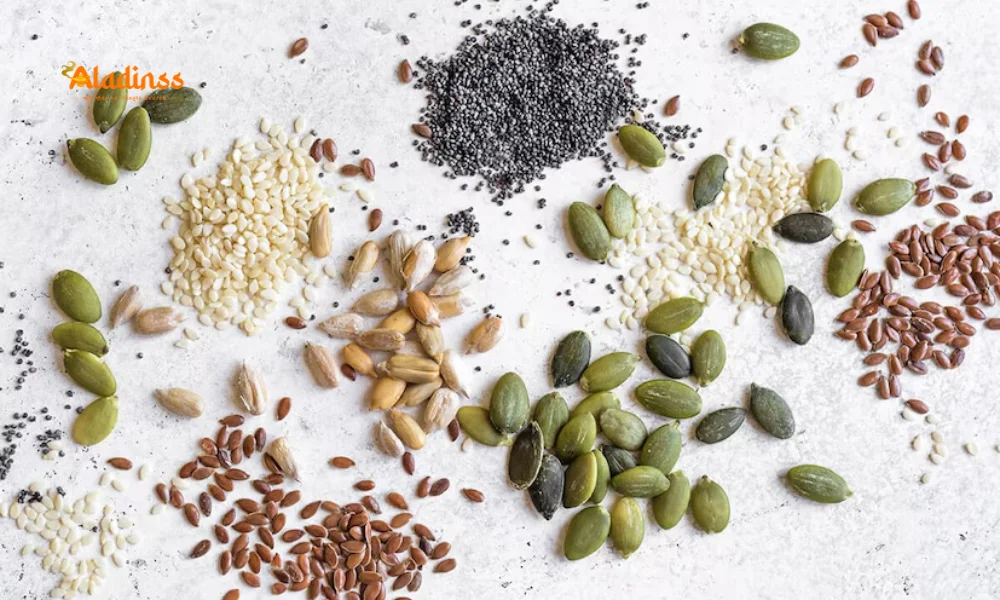5 Affordable Drinks to Boost Kidney Health in 2025

5 Affordable Drinks to Keep Your Kidneys Healthy in 2025
The kidneys are vital organs that filter toxins and waste from the blood, regulate mineral balance, control blood pressure, and support red blood cell production. Keeping them healthy is crucial for overall well-being, and proper hydration plays a key role. Insufficient or improper fluid intake can strain the kidneys, increasing the risk of kidney stones, infections, or chronic kidney disease. While water is essential, certain affordable and accessible drinks can enhance kidney health by providing hydration, nutrients, and protective compounds. This article explores five such drinks-lemon water, herbal and green tea, plant-based milk, low-sugar smoothies, and watermelon juice-that promote kidney function and are easy to incorporate into your daily routine.
The Importance of Kidney Health and Hydration
The kidneys process about 200 liters of blood daily, removing waste and excess fluids to produce 1–2 liters of urine. They maintain electrolyte balance, regulate blood pressure through the renin-angiotensin system, and produce erythropoietin, a hormone essential for red blood cell formation. According to the National Kidney Foundation, over 37 million people in the U.S. alone suffer from kidney disease, often due to dehydration, poor diet, or underlying conditions like diabetes and hypertension. In India, an estimated 10% of the population is affected by chronic kidney issues, with rising cases linked to lifestyle factors.
Dehydration places significant stress on the kidneys, reducing their ability to filter toxins and increasing the risk of kidney stones or urinary tract infections (UTIs). Drinking adequate fluids-about 2–3 liters daily for most adults-helps dilute urine, preventing the buildup of minerals like calcium oxalate that form stones. Beyond water, specific drinks offer additional benefits, such as antioxidants or diuretic properties, that support kidney function while being cost-effective and widely available.

Lemon Water: A Refreshing Kidney Protector
Lemon water is a simple, affordable drink that offers significant benefits for kidney health. The citric acid in lemons helps prevent kidney stone formation by binding to calcium in the urine, reducing the risk of calcium oxalate stones, which account for 80% of kidney stones, according to the National Institute of Diabetes and Digestive and Kidney Diseases (NIDDK). Citric acid also increases urine volume, diluting stone-forming minerals. A 2021 study in the Journal of Endourology found that daily consumption of lemon water reduced stone recurrence rates by 30% in high-risk patients.
Preparing lemon water is easy-squeeze half a lemon into a glass of water or add lemon slices for a refreshing flavor. Drinking it first thing in the morning on an empty stomach can enhance hydration and support kidney detoxification. For added benefits, avoid sugary additives and opt for fresh lemons, which are widely available and cost-effective, making this an accessible choice for kidney health in 2025.

Herbal and Green Tea: Antioxidant-Rich Support
Herbal teas, such as peppermint, chamomile, ginger, and hibiscus, are excellent for kidney health due to their hydrating and diuretic properties. These teas promote urine production, helping flush out toxins and waste from the kidneys. Green tea, rich in epigallocatechin gallate (EGCG), offers antioxidant benefits that reduce oxidative stress and inflammation, key factors in kidney stone formation and chronic kidney disease. A 2023 study in the American Journal of Clinical Nutrition found that regular green tea consumption lowered the risk of kidney stones by 25% in adults with a history of nephrolithiasis.
Hibiscus tea, in particular, has been shown to lower blood pressure and reduce uric acid levels, both of which benefit kidney function. These teas are affordable, widely available in India and globally, and can be consumed hot or cold. Limit intake to 1–2 cups daily to avoid excessive diuretic effects, and choose unsweetened varieties to maximize health benefits. Herbal and green teas are a delicious, budget-friendly way to support kidney health in daily routines.

Plant-Based Milk: A Kidney-Friendly Alternative
For individuals with kidney issues or those avoiding dairy, plant-based milks like almond, oat, and coconut milk are excellent options. Unlike cow’s milk, which is high in potassium and phosphorus-minerals that can strain kidneys in large amounts-plant-based milks are naturally lower in these nutrients, making them suitable for those with kidney disease. A 2022 study in Kidney International Reports noted that plant-based milks provide hydration and essential nutrients like calcium and vitamin D without overloading the kidneys.
Almond milk, for instance, is low in calories and rich in antioxidants, while oat milk offers fiber to support digestion, indirectly benefiting kidney health. Coconut milk, when consumed in moderation, provides hydration and healthy fats. Choose unsweetened varieties to avoid added sugars, which can exacerbate diabetes, a leading cause of kidney disease. These milks are affordable, widely available in supermarkets, and versatile for use in smoothies, coffee, or as standalone drinks.

Low-Sugar Smoothies: Nutrient-Packed Hydration
Low-sugar smoothies made with kidney-friendly fruits and vegetables like blueberries, pineapple, strawberries, apples, and carrots provide hydration and essential nutrients without taxing the kidneys. Blueberries and strawberries are rich in antioxidants that reduce inflammation, while pineapple contains enzymes like bromelain that support digestion. A 2024 study in the Journal of Renal Nutrition found that regular consumption of low-sugar fruit smoothies improved kidney function markers in patients with early-stage chronic kidney disease.
Avoid high-potassium fruits like bananas and high-sugar additives like yogurt or sweetened juices, which can strain kidneys or spike blood sugar. Blend smoothies at home using fresh ingredients and water or plant-based milk as a base for a cost-effective, kidney-friendly drink. Consuming smoothies in the morning or early afternoon maximizes their benefits, as the body’s digestive system is more active, supporting efficient nutrient absorption.

Watermelon Juice: Electrolyte-Rich Detox
Watermelon juice is a hydrating, electrolyte-rich drink that supports kidney health by increasing urine volume and flushing out toxins. Watermelon is 92% water, making it an excellent hydrator, and contains potassium and lycopene, an antioxidant that reduces inflammation and supports cardiovascular health. A 2023 study in the Journal of Food Science found that watermelon juice increased urine output by 20% in healthy adults, helping prevent kidney stone formation and clear waste from the kidneys.
Drinking fresh watermelon juice, especially on an empty stomach in the morning, enhances its detoxifying effects. Blend fresh watermelon without added sugar for a low-cost, refreshing drink that’s widely available, particularly in tropical regions like India. For those with kidney disease, moderate consumption is advised to avoid excessive potassium intake, but for most, watermelon juice is a delicious and affordable way to support kidney function.
Tips for Incorporating Kidney-Friendly Drinks
To maximize the benefits of these drinks, integrate them into a balanced diet and healthy lifestyle. Drink 8–10 glasses of fluids daily, prioritizing water as the primary source of hydration, and use these drinks as supplements. Avoid sugary beverages like sodas or energy drinks, which increase the risk of kidney stones and diabetes. For individuals with kidney disease, consult a nephrologist to tailor fluid intake to specific needs, as excessive hydration can strain impaired kidneys.
Prepare these drinks at home to control ingredients and keep costs low. For example, brewing herbal tea or blending smoothies with seasonal fruits is both economical and effective. Regular exercise, stress management, and avoiding smoking or excessive alcohol further support kidney health, reducing the risk of chronic conditions in 2025 and beyond.
Comment / Reply From
No comments yet. Be the first to comment!






